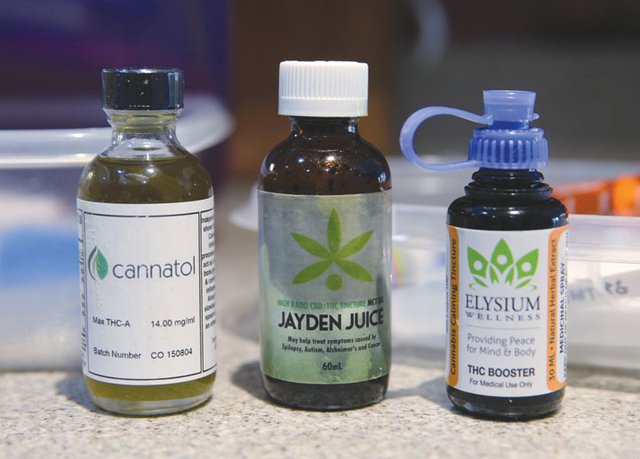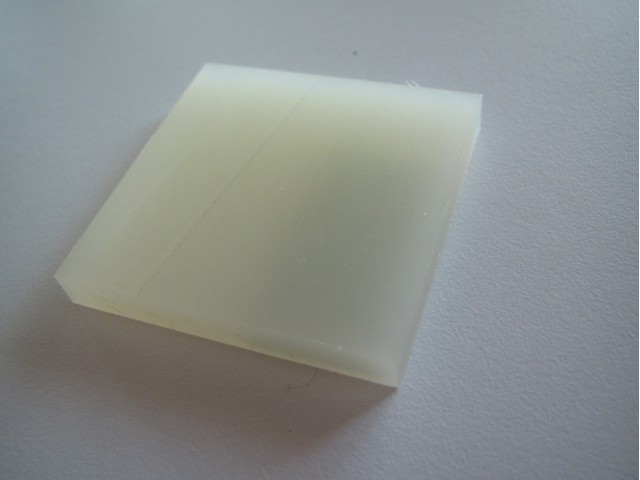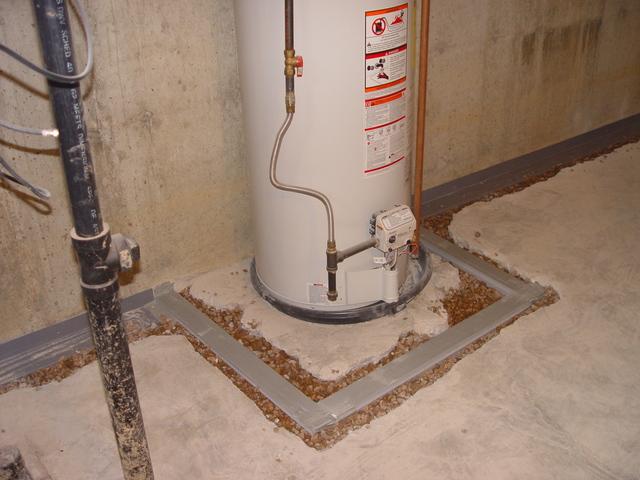In today’s fast-paced world, a good night’s sleep has become increasingly elusive for many individuals. Sleep disorders, stress, anxiety, and chronic pain are just a few of the factors that can disrupt our sleep patterns. As a result, people are searching for natural remedies to promote better sleep. One such remedy that has gained significant attention in recent years is CBD, short for cannabidiol. In this blog post, we will delve into the relationship between CBD and sleep, exploring its potential benefits and shedding light on its effectiveness as a sleep aid.
Understanding CBD and its Mechanisms
CBD is a non-intoxicating compound extracted from the Hemp sativa plant. Unlike its well-known counterpart, THC (tetrahydrocannabinol), CBD does not produce a “high” feeling. Instead, it interacts with the body’s endocannabinoid system (ECS), a complex network of receptors that helps regulate various physiological functions, including sleep.
The Connection Between CBD and Sleep
Research suggests that CBD may influence sleep in multiple ways. Firstly, it has been shown to alleviate anxiety and stress, both of which are common contributors to sleep disturbances. By interacting with serotonin receptors in the brain, CBD may promote a sense of calm and relaxation, making it easier to fall asleep and stay asleep throughout the night.
Secondly, CBD has demonstrated potential in managing chronic pain, a condition that can significantly impair sleep quality. By interacting with pain receptors and reducing inflammation, CBD may help alleviate discomfort, allowing individuals to experience more restful sleep.
Lastly, CBD may have an impact on the sleep-wake cycle. Studies have indicated that CBD may influence the duration and quality of sleep, possibly by enhancing REM sleep, the stage associated with dreaming and restorative functions. By improving sleep architecture, CBD may contribute to overall sleep satisfaction.
Scientific Evidence and Studies
While anecdotal reports about CBD’s positive effects on sleep are abundant, it’s crucial to evaluate scientific evidence. Although research is still in its early stages, several studies have shown promising results. A 2019 study published in The Permanente Journal reported that 67% of participants experienced improved sleep within the first month of using CBD. Another study published in Frontiers in Pharmacology in 2020 found that CBD significantly increased sleep duration in rats.

It’s important to note that research on CBD and sleep is limited and often involves small sample sizes or animal models. More large-scale, controlled studies are necessary to fully understand CBD’s potential in improving sleep patterns in humans.
Choosing the Right CBD Product
If you’re considering incorporating CBD into your sleep routine, it’s essential to select a high-quality product from a reputable source. Look for CBD derived from organically grown hemp, as this reduces the risk of exposure to pesticides or other harmful chemicals. Additionally, opt for products that undergo third-party testing to ensure purity and potency.
Dosage and Administration
CBD affects individuals differently, so finding the optimal dosage for sleep may require some experimentation. It’s advisable to start with a low dose and gradually increase until the desired effects are achieved. CBD is available in various forms, including tinctures, capsules, edibles, and topical creams. For sleep-related issues, sublingual tinctures are often recommended due to their faster onset and better absorption. Please visit their page to know more about HHC for Anxiety.
Conclusion
In conclusion, while research on CBD and sleep is still evolving, there is a growing body of evidence suggesting its potential as a natural sleep aid. CBD’s ability to reduce anxiety, alleviate pain, and influence the sleep-wake cycle makes it an intriguing option for those struggling with sleep disturbances.





